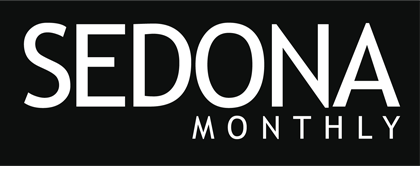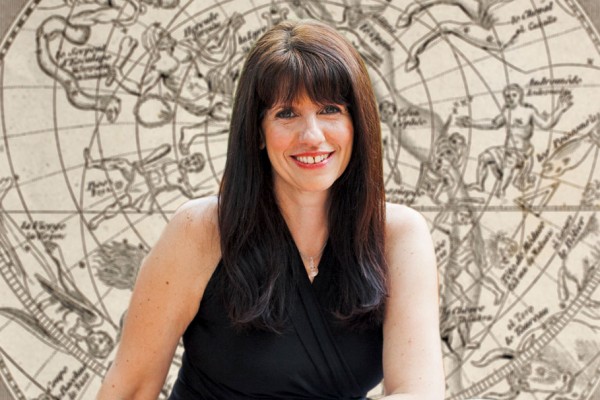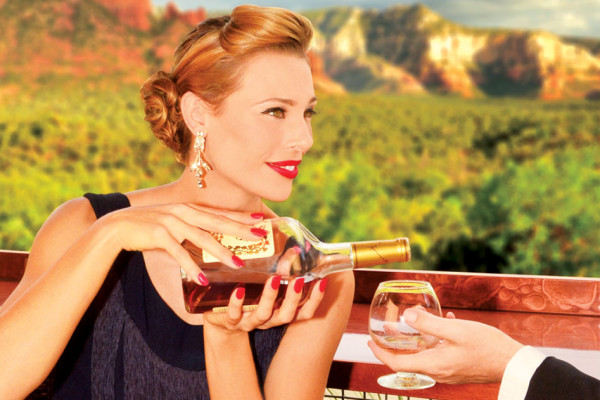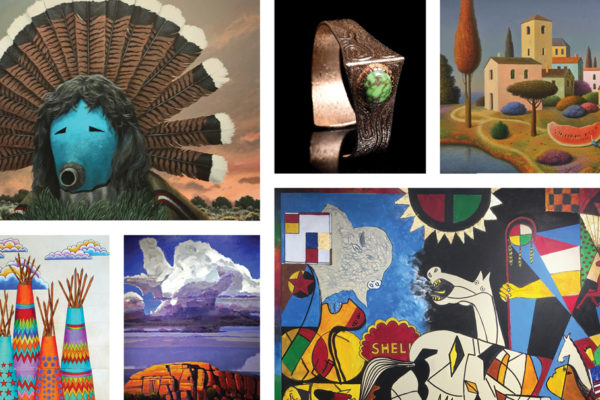Continued (page 11 of 14)
I had actually never heard of Camino de Santiago before I saw the film. Do you hear that frequently?
Very few Americans know about it. It is quite a wonderful trek, and the Spanish have gone out of their way to accommodate the pilgrims, no matter how many hundreds of thousands come.
You and Emilio have been doing a lot to get the word out about this film. Why do you feel so strongly about it?
It’s a deeply personal, family project. It’s said it was a film inspired by a grandson and dedicated to a grandfather. My father grew up about 80 kilometers from Santiago de Compostela, so I was familiar with it growing up. I always had this romantic image that one day I’d suss it out, which I didn’t do for quite a few years [laughs]. The film is embedded with many of the values we share as a family and as artists. We have hate radio and there’s so much cynicism and anger and resentment in our culture right now – so much fear and insecurity. People go to movies and they see such horrific images. We wanted to do something that was uplifting and inspiring. We wanted to make people feel good about being a human being again. It’s okay to struggle and have difficulties; that’s part of the journey of our existence. And we have to create community to come to know ourselves. All of these values are embedded in the film. But we didn’t want to hit anybody over the head with it.
So far, what role would you most like to be remembered for?
[Laughs] I’d like to think I haven’t played it yet.
You have had such an amazing career in film, and you don’t seem to be slowing down. What continues to drive you forward?
I’ve been very lucky to have made my living doing the thing I love the most. I’ve always been an actor, even before I knew that was what you called it. I just had this knowingness about myself. I think most children do. For me, it was clarified when I started going to the movies around 5 or 6, and gradually I began to realize that I was like one of those guys. The mystery was solved. Even as a child, I knew I was going to pursue it. And I knew if I didn’t pursue it, I risked my happiness. Sometimes that knowing gets beat out of kids – you have to fight for it. It’s like anything in life. If it’s worthwhile, you have to fight for it. It’s going cost you something, otherwise you have to question its value.
Do you look back on Apocalypse Now as being the profound film that history and critics have claimed it to be?
The movie is. Francis Ford Coppola is, I think, the best filmmaker in America. I think Godfather I and II are some of the best filmmaking ever done anywhere. It’s a magnificent masterpiece. I don’t know if Apocalypse Now is as good a film, but it’s equally as powerful. There was such a battle to get every inch of that film. None of it was easy, and we paid dearly for it. I’m glad that [Coppola] was rewarded for it. For my own part, I felt it was more about him than me. I remember having difficulty interpreting [Capt. Willard] and [Coppola] said, ‘He’s you, Martin. Whoever you are and whatever scene you’re playing – you don’t have to go outside yourself, you have to go deeper within yourself.’ And that was an incredibly important lesson for me. It’s about behavior, not acting. It’s about transcendence. The performance was made more in his editing than my intention. That’s as honest an answer as I can give. I didn’t realize the film’s power until I saw it. I felt like I was part of it, but I wasn’t the ‘it.’ I think anybody playing that part would agree. It was [Coppola’s] vision and journey, and I was along for the ride. If someone told me about all the things that were going to happen when I played the part, I would have said ‘no thanks.’ But that’s hindsight. As it is, I don’t have the slightest regret. I’m grateful I was part of it – I learned so much about myself. But if I had to do it again, ‘no thanks – I pass.’ You know the saying, ‘You have to accept the cup as offered, not altered?’ I would have liked to alter that cup.
Have you ever been to Sedona?
Yes. I was up in Arizona doing a film with [my son] Charlie, and there was a guy who had a center in Sedona who invited Charlie to come up and do a retreat. That was the first I had heard of it. [My wife] and I went up recently when we were in Phoenix. I found it absolutely breathtaking, but it was so hot. It was in the summer, and it was unbearably hot. I love the desert. One of my favorite places in tall the world is Death Valley, but I’d never go there in the summer.



